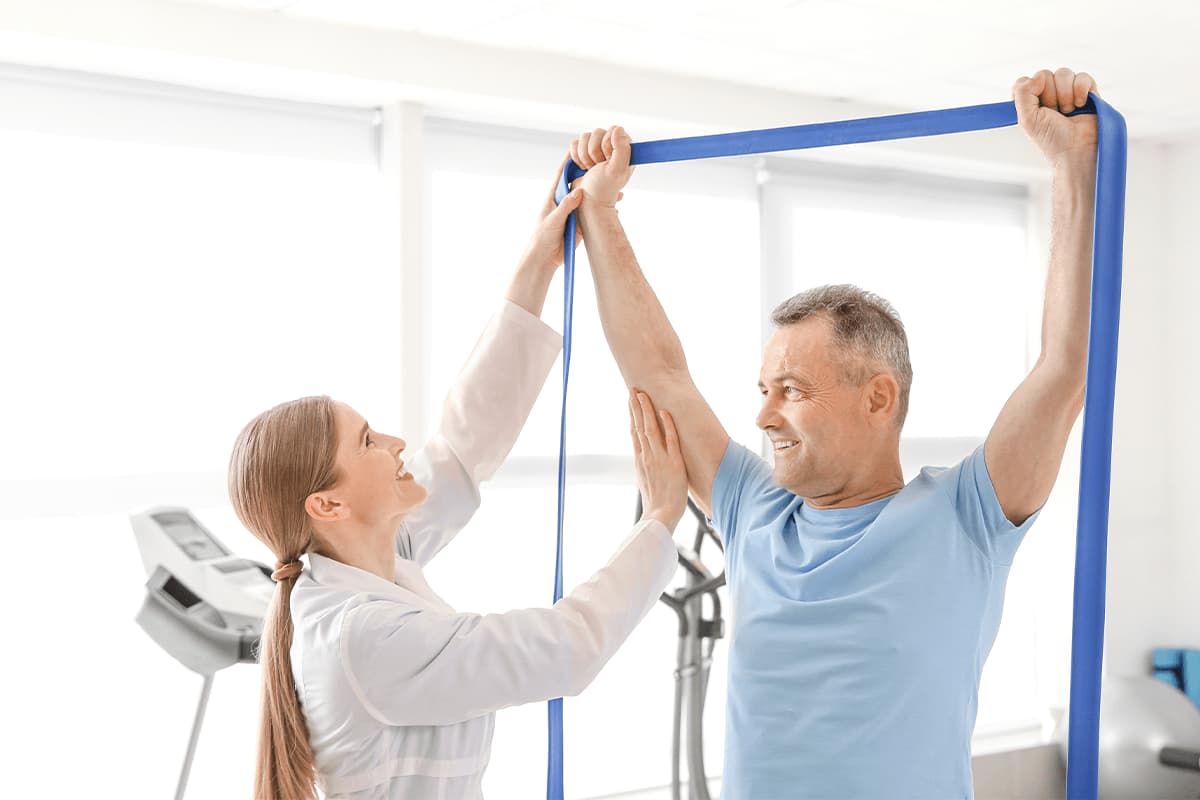Grasping the Most Common Conditions Addressed via Physiological Specialists for Successful Recovery plus Rehabilitation
Grasping the Most Common Conditions Addressed via Physiological Specialists for Successful Recovery plus Rehabilitation
Blog Article
Physiological therapists have a vital function in assisting people heal from multiple conditions that affect their movement and total bodily well-being. Such healthcare professionals are trained to assess, determine, and manage a vast variety of muscle and joint and nervous system problems. Several of the frequent afflictions managed by physical therapists include athletic traumas, arthritic conditions, post-operative therapy, stroke rehabilitation, and chronic suffering. Grasping such issues can help patients create educated decisions about their healing and treatment path.
Sports traumas are widespread among athletes of all ages and skill stages. These traumas can arise during practice or competition and typically involve sprains, pulls, fractures, or tendonitis. Physiotherapy therapists work with athletes to formulate personalized recovery plans that focus on rehabilitating power, mobility, and coordination. These professionals furthermore educate sports players on trauma avoidance strategies, such as correct preparation exercises and body movements, to lower the risk of future traumas. Through addressing sports traumas efficiently, physiotherapy professionals help athletes go back to their games safely and effectively.
Joint inflammation is an additional common condition that physiotherapy professionals frequently manage. Such a persistent disease leads to swelling in the articulations, resulting to pain, stiffness, and reduced movement. Physiotherapy professionals use multiple methods, including therapeutic exercises, hands-on treatment, and methods like heat or cold therapy, to relieve discomfort and boost articular function. They furthermore provide education on lifestyle changes, like body mass control and activity modifications, to assist people handle their arthritis more effectively. Through a personalized strategy, physical therapists empower people with joint inflammation to sustain an energetic and fulfilling life.
Post-surgical recovery is crucial for people healing from surgeries, including articular replacements or tendon visit the website reconstruction. Following the operation, people typically undergo discomfort, swelling, and limited mobility. Physical therapists develop treatment programs that emphasize on recovering range of movement, power, and capability. These professionals assist people through workouts that foster recovery and aid them recover independence in daily activities. By closely monitoring progress and adjusting treatment plans as needed, physical professionals have a key part in securing a positive recovery after surgery.
Stroke recovery is a challenging journey that commonly demands the skills of physical therapists. A stroke can result to major physical impairments, including weakness, stability problems, and challenges with coordination. Physical therapists analyze each individual's distinct needs and develop tailored treatment plans to address these problems. These professionals employ exercises and activities created to boost power, balance, and movement, helping patients regain their self-sufficiency. Furthermore, physiotherapy professionals offer support and information to both the individuals and their families, fostering a joint method to rehabilitation.
Chronic suffering is a problem that impacts many individuals and can significantly impact their quality of life. Physiotherapy professionals employ a variety of methods to assist manage chronic discomfort, such as exercise treatment, hands-on therapy, and information on discomfort management strategies. These professionals collaborate with individuals to identify the root sources of their pain and formulate a holistic treatment plan that manages both physical and psychological aspects. Through supporting patients with information and effective coping techniques, physical professionals assist them regain authority over their lives and improve their total well-being.